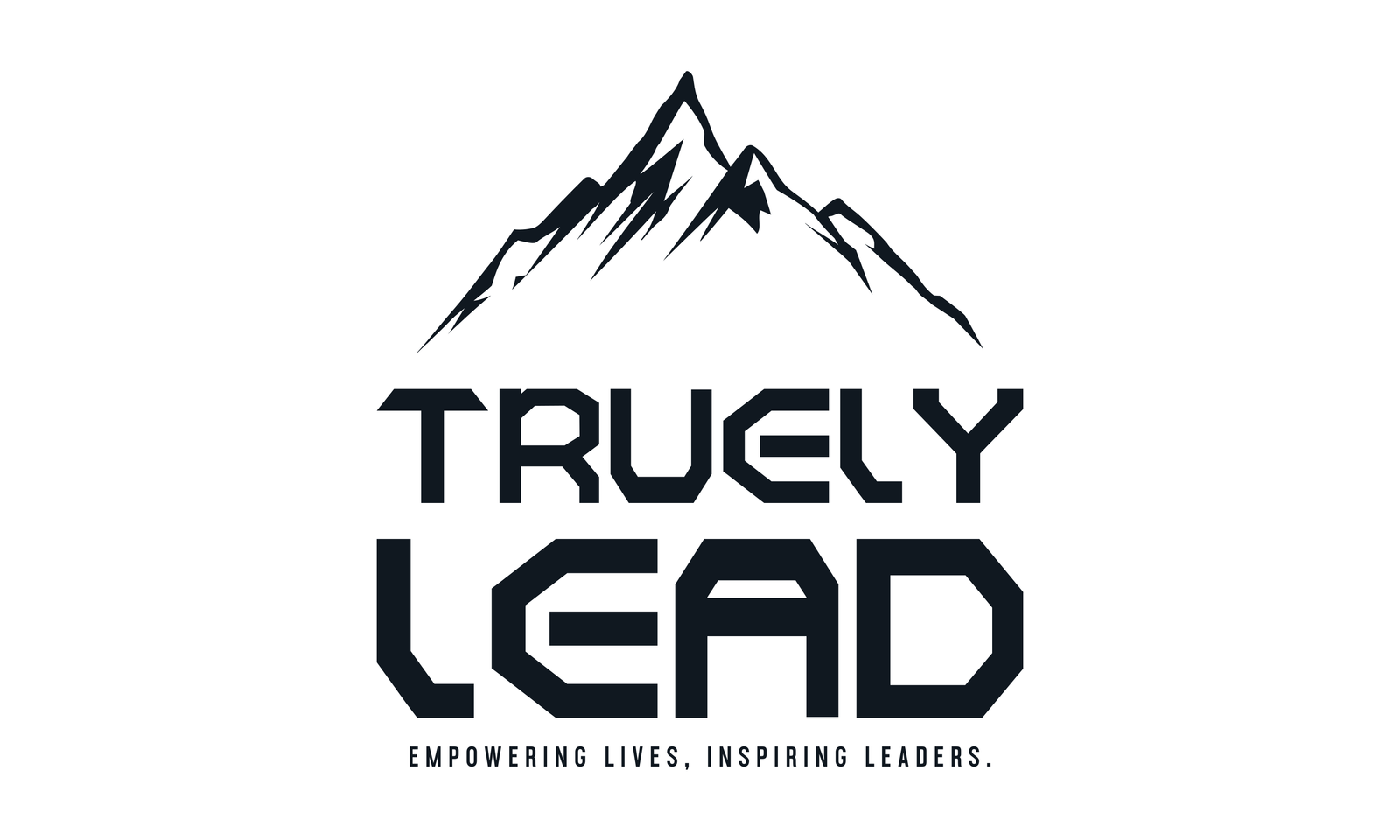Empowerment Through Knowledge and Tools
At Truely Lead, we firmly believe that the cornerstone of effective leadership and a satisfying life lies in the relentless pursuit of knowledge and self-improvement. Continuous learning not only sharpens your skills but also broadens your perspective, allowing you to navigate both personal and professional challenges with confidence. In today’s fast-paced world, equipping oneself with the right tools and knowledge is more crucial than ever.
To facilitate this journey, Truely Lead offers a plethora of resources designed to empower individuals. Educational materials, ranging from books and articles to online courses and webinars, provide valuable insights into various aspects of leadership and personal development. Workshops serve as interactive platforms where participants can engage with experts, share experiences, and gain practical skills that are immediately applicable in their daily lives.
Beyond structured learning, mentorship programs play a pivotal role in personal and professional growth. A mentor provides guidance, feedback, and support, helping mentees navigate complex situations and make informed decisions. These relationships foster an environment of mutual respect and continuous learning, essential for developing a holistic approach to leadership.
Self-reflection is another critical component of empowerment. By regularly assessing one’s strengths, weaknesses, and areas for improvement, individuals can set realistic goals and chart a clear path toward achieving them. Proactive learning, which involves seeking out new experiences and knowledge, further enriches this process. Whether it’s through reading, attending seminars, or engaging in meaningful conversations, the quest for knowledge should be a lifelong endeavor.
In summary, mastering life and leadership requires a commitment to continuous learning and self-improvement. By leveraging the right knowledge and tools, and embracing self-reflection and mentorship, individuals can enhance their skills and broaden their perspectives, paving the way for a more fulfilling and empowered journey.
Balancing Work and Life: Strategies for Success
Achieving a harmonious balance between work and personal life is paramount for effective leadership and overall well-being. This equilibrium not only enhances productivity but also fosters improved mental health and strengthens relationships. To navigate this balance successfully, it is essential to implement practical strategies that address time management, stress reduction, and boundary-setting.
Time management is a crucial skill in balancing work and life. By prioritizing tasks and creating a structured schedule, individuals can allocate appropriate time to professional and personal activities. Utilizing tools such as calendars, to-do lists, and time-tracking apps can streamline daily routines and minimize procrastination. Additionally, the Pomodoro Technique, which involves working in focused intervals followed by short breaks, can boost productivity and prevent burnout.
Stress reduction is another vital component of maintaining a healthy work-life balance. Incorporating mindfulness practices such as meditation, deep-breathing exercises, or yoga into daily routines can significantly alleviate stress. Regular physical activity, whether it’s a brisk walk, a workout session, or a sports activity, also plays a crucial role in managing stress levels. Furthermore, ensuring adequate sleep and maintaining a balanced diet contribute to overall mental and physical well-being.
Setting clear boundaries is essential to prevent work from encroaching on personal life. Establishing designated work hours and adhering to them can help create a distinction between professional and personal time. Communicating these boundaries with colleagues and family members ensures mutual understanding and respect. Additionally, disconnecting from work-related communications outside of these hours can foster a more focused and relaxed personal environment.
The benefits of a well-maintained work-life balance are profound. Increased productivity, improved mental health, and strengthened relationships are just a few of the positive outcomes. Real-life examples, such as leaders who have successfully integrated these strategies, highlight the transformative power of balance. By embracing these practices and insights, individuals can lead with confidence and live with purpose, ensuring they navigate their careers and personal lives with success and fulfillment.
